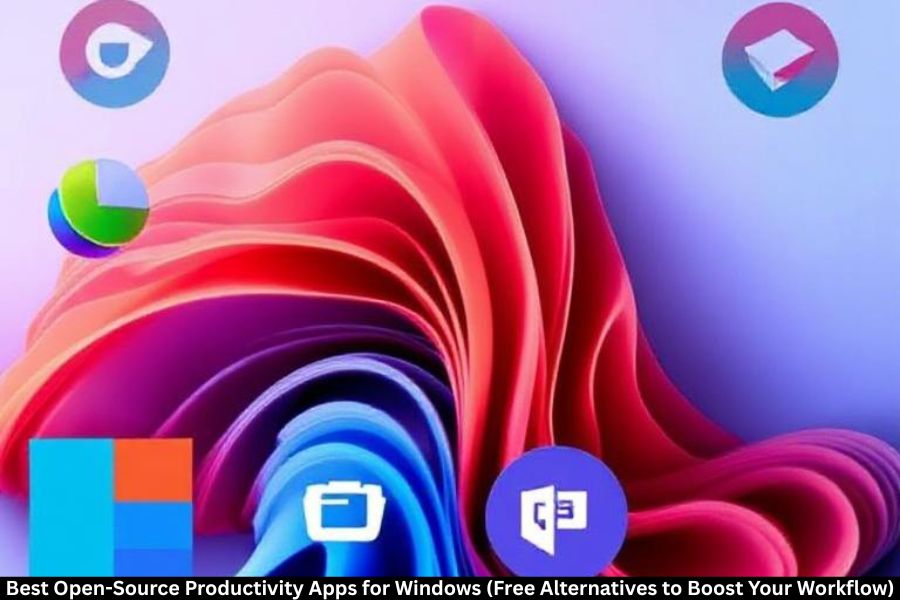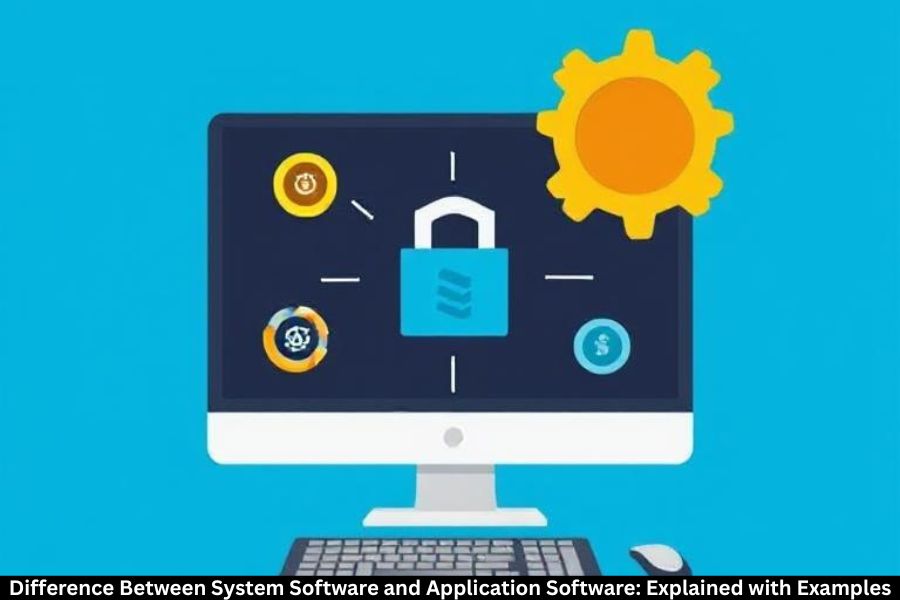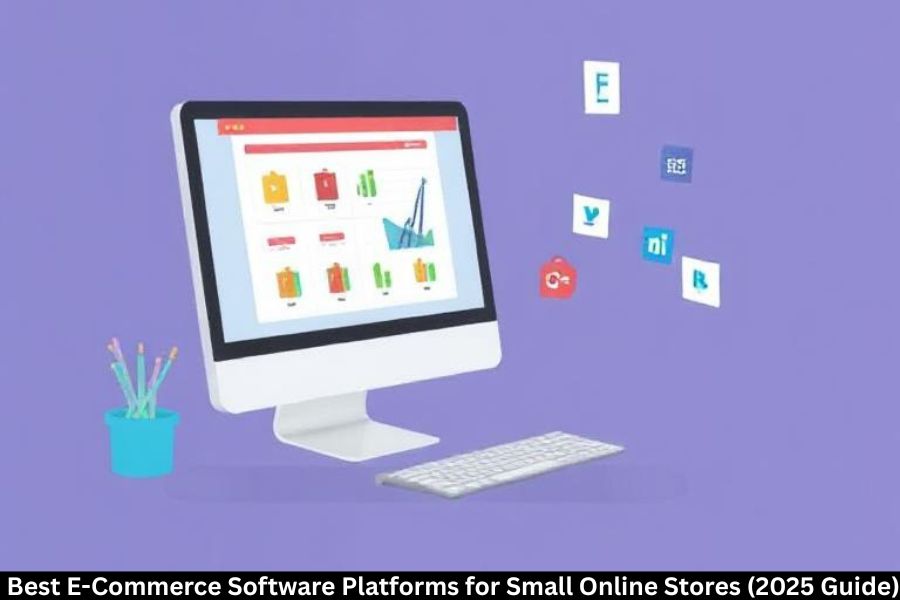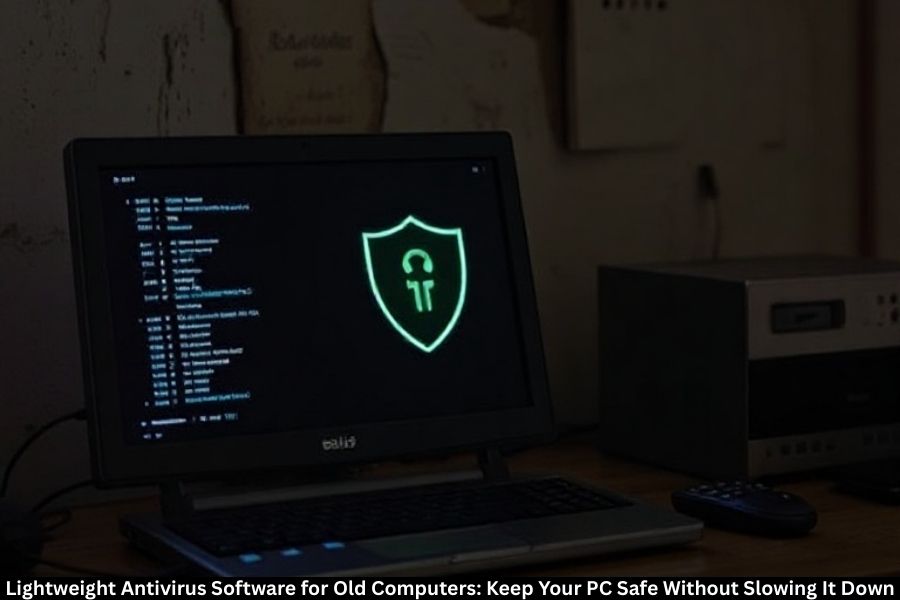In the case of Windows users, when productivity is on their minds, they tend to look towards subscription-based software such as Microsoft Office, Slack, and Trello. Here’s a little known fact: if you’re looking to streamline organisation, for example, stay organised, keep tabs on projects while improving productivity, you don’t have to dig into your pockets. Open source software offers a plethora of powerful aids that not only come with a zero price tag, but also offer better security and customisation options when compared to their proprietary counterparts.
Considering this, our discussion focuses on the open-source apps and software that promote productivity on the Windows operating platform. This ranges from note-taking and project management to communication and time tracking.
Determining Whether an Application is “Productive”
To begin with, consider the following checklist designed to aid the understanding of the word “productive.” An app that is productive will:
- Save you time in executing simpler or repetitive tasks
- Help manage and organise information, tasks, or projects
- Foster collaboration between your team or clients
- Protect sensitive information
As previously highlighted, “open-source” adds software transparency, greater flexibility/kind of freedom, and more control to the mix.
Office and Document Management
LibreOffice – The Best Free Office Suite
If you want to cut off Microsoft Office subscriptions, LibreOffice offers a wonderful alternative. Just like Microsoft Office, it boasts of Writer, Calc, and Impress which are similar to Word, Excel, and PowerPoint, respectively. In addition, it supports Office file formats and is updated regularly.
ONLYOFFICE – Streamlining Collaboration for Teams
ONLYOFFICE stands out in collaboration. It supports multiple user editing, making together work easier to small businesses and remote teams.
Note-taking and Knowledge Management
Joplin – Notes with Privacy First
Joplin is an encrypted note-taking app that supports markdown, task lists and file attachments, which means your notes are private.
Obsidian (Community Edition)
For those who think in networks rather than lists, Obsidian is a dream. It aids in implementing the “second brain” concept by linking notes in a web-like structure.
Zettlr – Academic and Research-Friendly
Writers, researchers, and academics love Zettlr for its citation management and distraction-free interface.
Task and Project Management
Task Coach
A simple yet effective app for managing personal to-do lists, deadlines, and reminders.
Kanboard
If you love Kanban boards like Trello, Kanboard is the open-source alternative. Drag and drop tasks, assign priorities, and visualize your progress.
OpenProject
For teams managing complex projects, OpenProject offers timelines, Gantt charts, and issue tracking.
Communication and Collaboration
Mattermost
A secure, self-hosted alternative to Slack. Great for teams that want complete control over their chat environment.
Rocket.Chat
Another powerful messaging platform that integrates with countless tools, making collaboration seamless.
Time Management and Tracking
ActivityWatch
Tracks how you spend your time on apps and websites automatically—helping you understand and improve your habits.
Kimai
A flexible time-tracking tool perfect for freelancers and agencies who bill clients by the hour.
File Management and Cloud Storage
Nextcloud
Your personal cloud storage where you can store, sync, and share files securely. Think of it as your private Google Drive.
Syncthing
Peer-to-peer syncing without servers—your data stays between your devices only.
Mind Mapping and Brainstorming
FreeMind
One of the oldest but still reliable mind-mapping tools that helps you brainstorm visually.
XMind (Open Edition)
Perfect for structured brainstorming, presentations, and idea management.
Automation and Productivity Boosters
AutoHotkey
Automate repetitive tasks with custom scripts. From hotkeys to workflow automation, the possibilities are endless.
Espanso
If you type the same phrases repeatedly, Espanso can save hours by expanding shortcuts into full text.
Security and Privacy Tools
KeePassXC
A lightweight, highly secure password manager that keeps all your logins safe in an encrypted database.
Cryptomator
Add an extra layer of protection by encrypting files before syncing them to the cloud.
Creative Productivity
GIMP
For image editing, GIMP is the best open source alternative to Photoshop.
Inkscape
Designers love Inkscape for vector graphics, logos, and illustrations.
The Benefits of Open-Source Apps on Windows
- No hidden charges – completely free
- Transparency – Source code open for scrutiny
- Customization – Tailor the tools to your specific workflow
- Community support – Continuous improvement via active forums and contributors
Tips to Maximize Productivity with Open-Source Tools
Integrate apps: Sync Joplin with Nextcloud or combine Kanboard with Mattermost for a seamless workflow.
Cross-device use: Many of these apps have Android/iOS versions for syncing on the go.
Experiment and customize: The beauty of open-source is flexibility—tailor the apps to your needs.
Conclusion
Open-source productivity apps for Windows aren’t just free alternatives; they’re often superior to commercial options. Taking control of your tasks and notes and collaborating with teams is worry-free and requires no costly subscriptions.
If you want to improve productivity and efficiency while remaining flexible and secure, open source tools are the best option.
FAQs
Which is the best open-source productivity app for Windows?
It depends. For office work, LibreOffice is excellent; for collaboration with Nextcloud, it stands out.
Are open-source applications as secure as paid ones?
Yes, and often more secure, since the source code is open for an audit and vulnerabilities are fixed swiftly.
Can LibreOffice replace Microsoft Office fully?
Yes, though complex formatting may require adjustments, LibreOffice is fully compatible with most Office files.
Are open source apps functional without internet?
Yes, most of these apps (such as Joplin, LibreOffice, and KeePassXC) operate flawlessly without an internet connection.
How to contribute to productivity open-source apps?
Bugs can be reported, features suggested, donations made, and even code and documentation contributed through GitHub.



